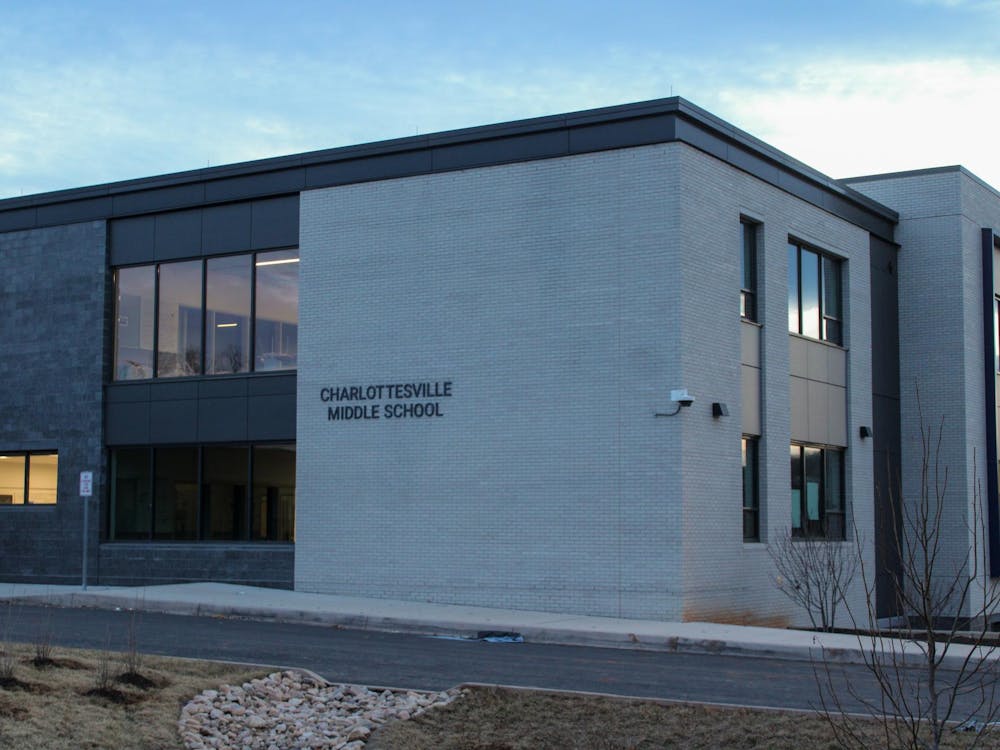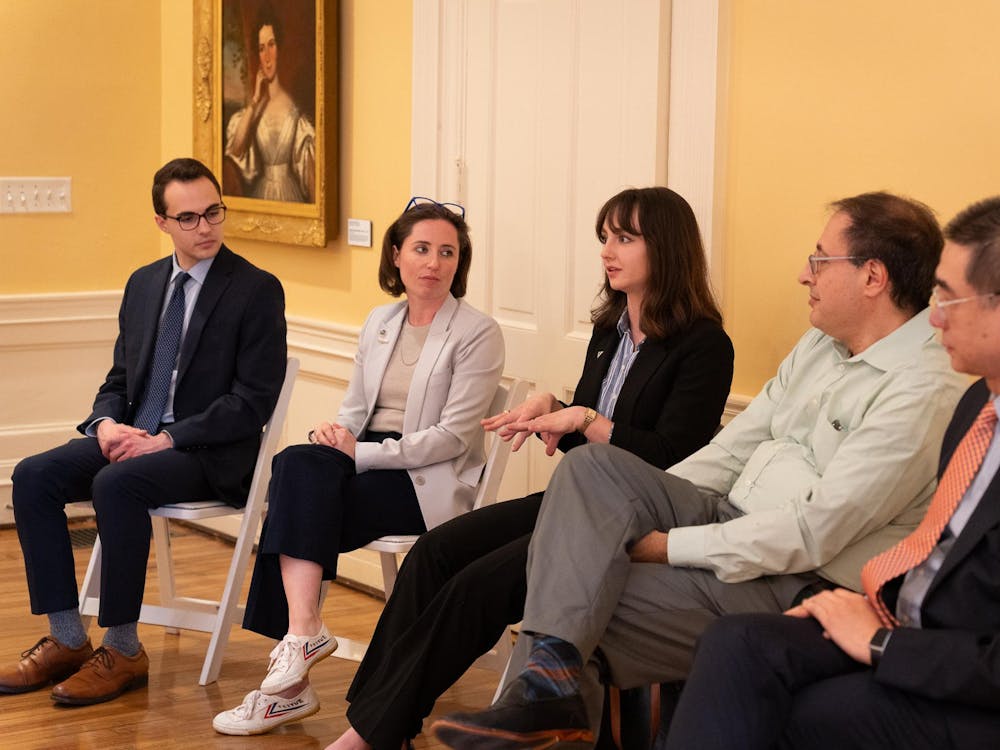Nearly half of hospital patients across the country - and 30 percent of patients at the University's Medical Center - are age 65 or older. Many have complicated and unique health problems.
That's why two University advanced practitioner nurses, Kathleen Fletcher and Ginny Lee, implemented a training program for nurses interested in geriatric care.
The program, which trains nurses to become geriatric resource nurses, is based on a system started at Yale University. There are now 30 GRNs in various departments of the University Hospital.
Fletcher, a geriatric nurse practitioner and director of the Health System's Senior Services, and Lee, an adult nurse practitioner at Senior Services, work with these nurses both in the classroom and on the job. The two prepare special seminars or accompany them during patient rounds.
Fletcher said she always reviews patients' medications with the GRNs, who then modify their care based on Fletcher or Lee's suggestions.
GRNs "serve as a resource not just for patients, but they also become a resource to the hospital as they develop their competency to expertise," she said.
The GRN model
Apparently the system has worked. According to a study co-authored by Fletcher and published by the Journal of Gerontological Nursing last month, having the new GRNs work with geriatric patients significantly increases the quality of patient care.
The study revealed that patients who received care from GRNs had less pain and a lower rate of readmission after being discharged.
"It wasn't so much the knowledge that the nurse [has the expertise] that makes the difference to elderly patients," Fletcher said. "It's how the GRNs are delivering the care."
Elderly patients often have complicated and interrelated medical problems, making it more difficult for doctors and nurses to care for them. This partly is because their immune systems do not work as well as younger people's, Lee said.
"They are more at risk for developing complications when they are hospitalized," she said. "They get more and different drugs than they would if they were at home, so they are more sensitive to the drugs."
Caring for geriatric patients "is more challenging," Fletcher said. "We need nurses prepared with more expertise."
The hospital plays a key part in training these nurses because sometimes it is tough for nursing schools to provide this type of education.
"Given the growing number of aged patients across the country, there is an increasing challenge to nursing schools to better prepare nurses with geriatric skills and ability," she said.
Others said the GRN program will benefit the medical profession.
"I think it's a great idea," said Assoc. Internal Medical Prof. Diane Snustad. "You can sensitize nurses with some experience and education. Nurses and doctors work so hand in hand that anything you can do for one profession will eventually improve the other."
Future training projects
Fletcher is working to expand the GRN model beyond the in-patient process to emergency room care and outpatient services. The Geriatric Education Center is developing a similar mentorship program for heath care professionals in geriatrics, she said.
"We're interested in extending the program beyond the walls of the hospital," she added.
Lee is optimistic about the future of the GRN program. "We're always looking for new nurses that are interested in caring for older people," she said. "Hopefully the numbers of nurses that have this increased training will continue to build"






